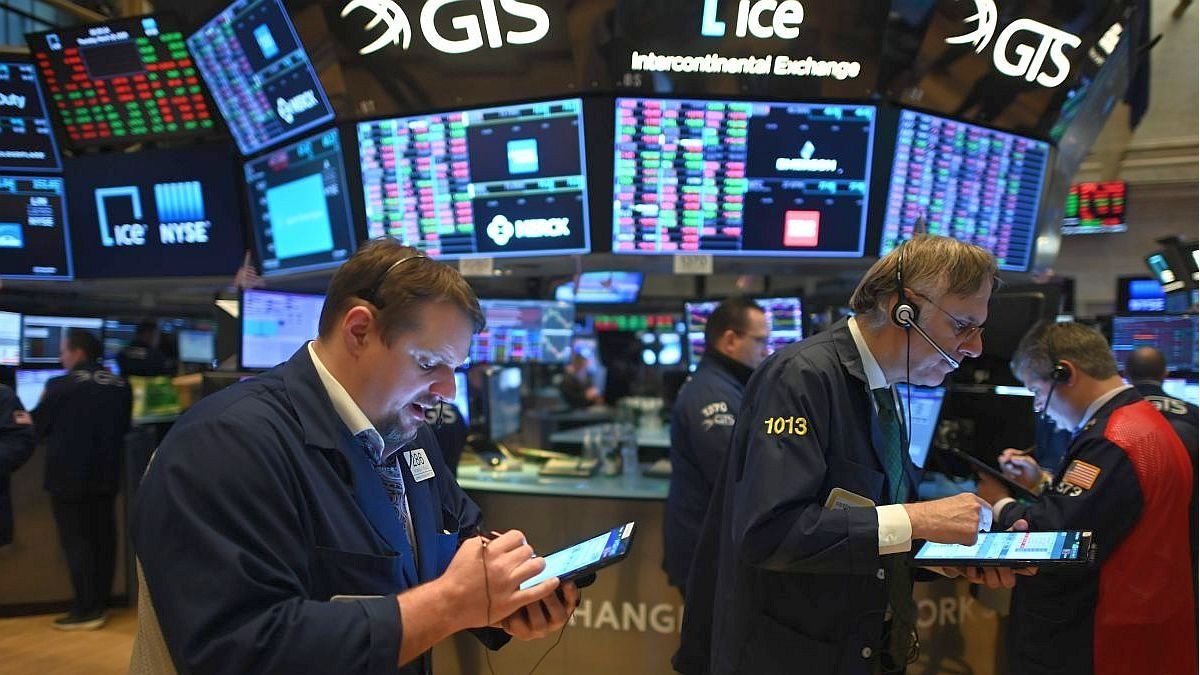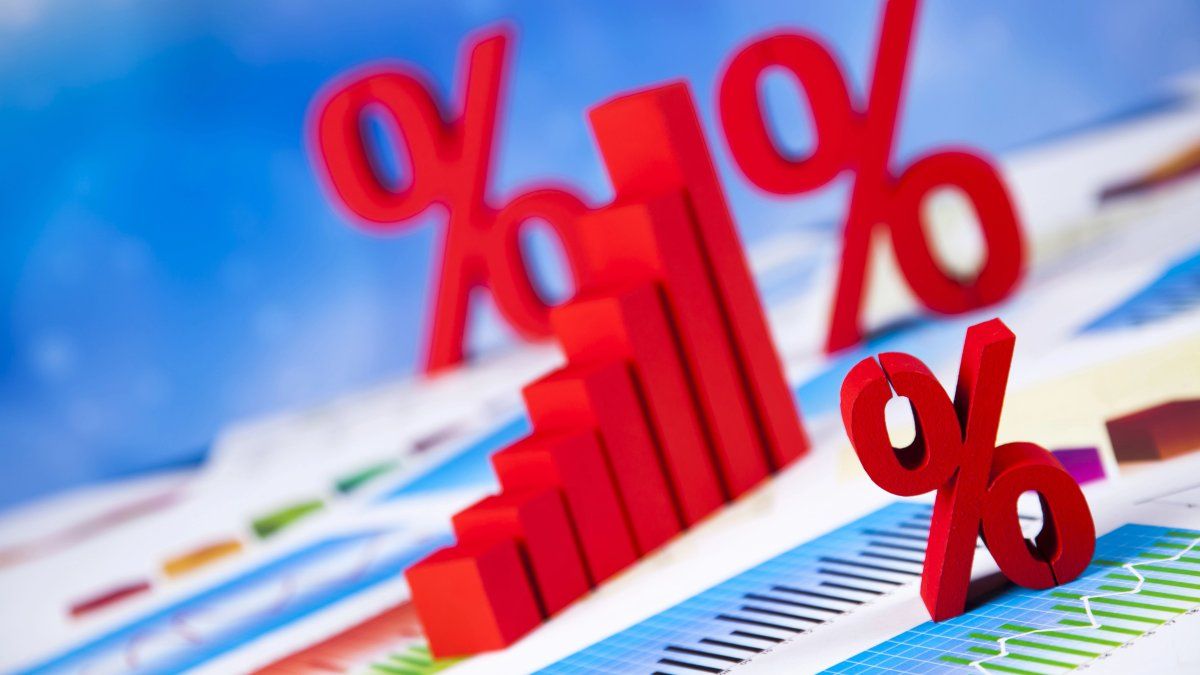The general improvement in the Argentine market went against the global trend amid uncertainty due to the lack of progress in the Russian/Ukrainian dialogue to stop the war events, which are creating more clouds for the world economy.
After days of intense negotiations, the Government accepted last minute on Wednesday the opposition’s request to vote only on the financing request and not on the economic program that it implies, enabling the Executive Branch to use its powers to comply with the agreement.
Against this background, the ADRs of Argentine companies operated with general increases, led by South Gas Carrier (+7.4%); Cresud (+6.7%); IRSA (+5.2%); Central Port (+4.2%); and YPF (+4%).
In the porteña bag, the S&P Merval index rose 1.6% to 88,607.75 points, in the opposite direction to other places in the region.
“The opposition sought to avoid being seen as validating the government’s economic policies, while the government sought to share the political cost of adjustment. We do not expect these developments to have a significant impact,” synthesized the City bank in a report.
The president of Alberto Fernández needed the support of opposition legislators after many deputies from his own party announced that they would vote against the program agreed upon with the credit institution.
This political climate evaporates fears of a new legislative failure that complicates finances on a day-to-day basis, as happened months ago when the Government was left without a 2022 budget law after harsh confrontations in Congress.
While the Argentine Congress will debate this Thursday the agreement reached with the IMF, Economy Minister Martín Guzmán affirmed from the United States that the country is taking measures to “normalize” the financial aspects of its economy after the debt agreement.
Bonds and country risk
In the fixed income segment, debt in dollars improved by an average 0.4%, against an average increase of 1.7% the day before.
This trend made the Argentine country risk of the JP Morgan bank fell 17 basis points, to 1,857 unitsafter scoring its historical maximum of 1,991 units at the beginning of the week.
The new agreement with the IMF, which must also be approved by the international credit institution, establishes that the payment period for each disbursement is 10 years, with a grace period of four and a half years, so the country will begin to pay off the debt in 2026 and will end in 2034.
“The (public) debt is a problem that involves several governments (because of its length)”, said Gabriela Cerruti, spokesperson for the presidency, at a press round. “The solution has to be shared among all political forces,” and that is why “the decision to send the agreement to parliament,” she said.
Source: Ambito
David William is a talented author who has made a name for himself in the world of writing. He is a professional author who writes on a wide range of topics, from general interest to opinion news. David is currently working as a writer at 24 hours worlds where he brings his unique perspective and in-depth research to his articles, making them both informative and engaging.




